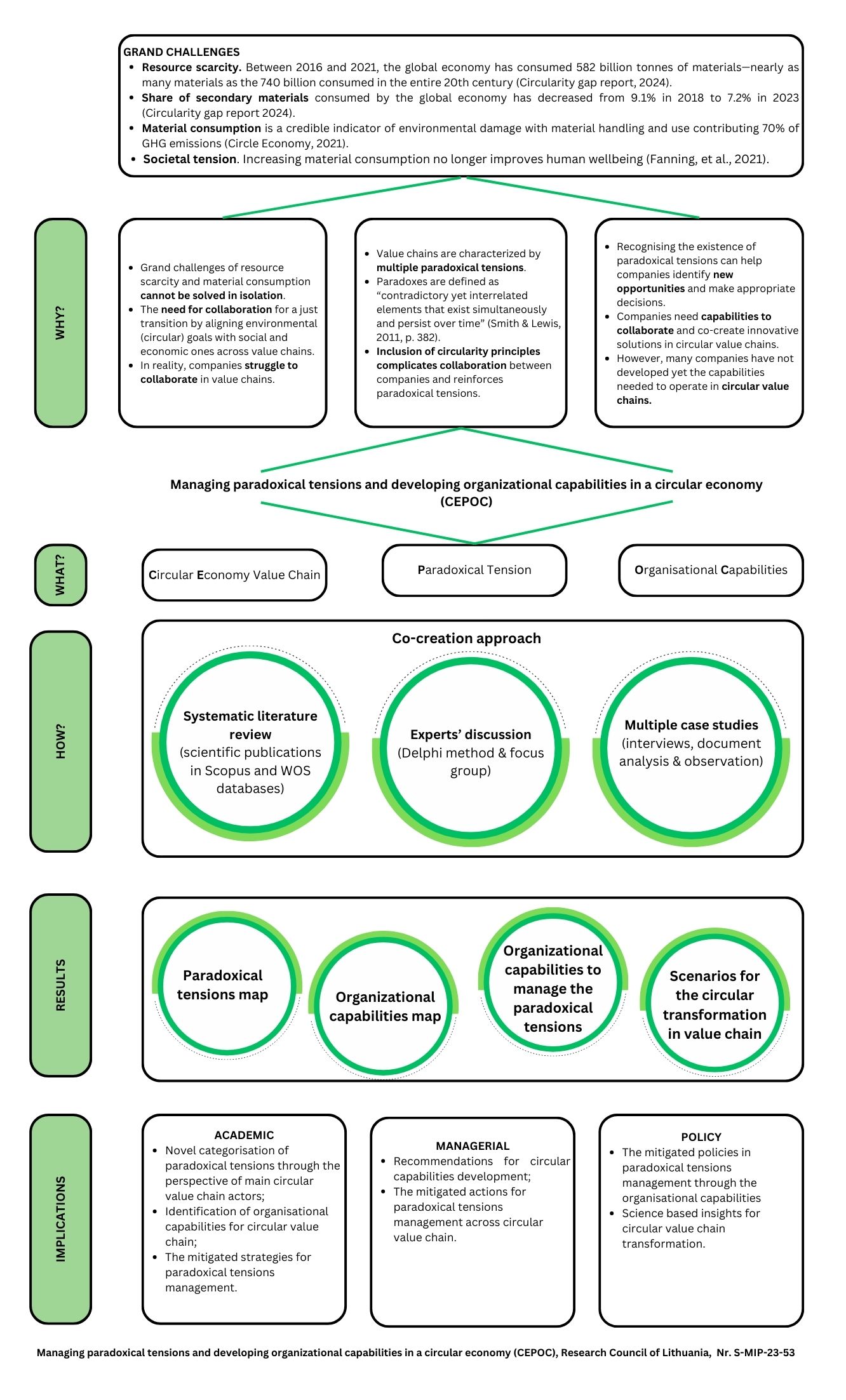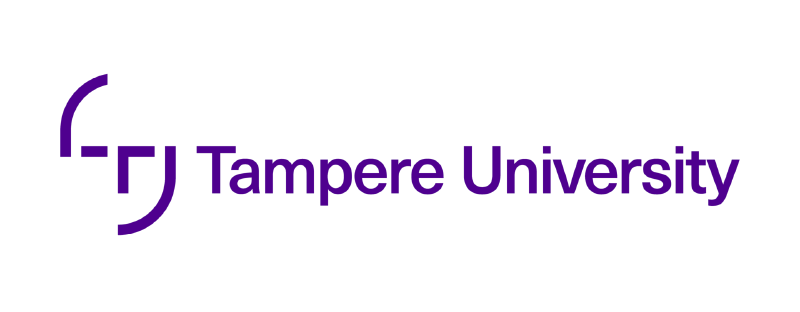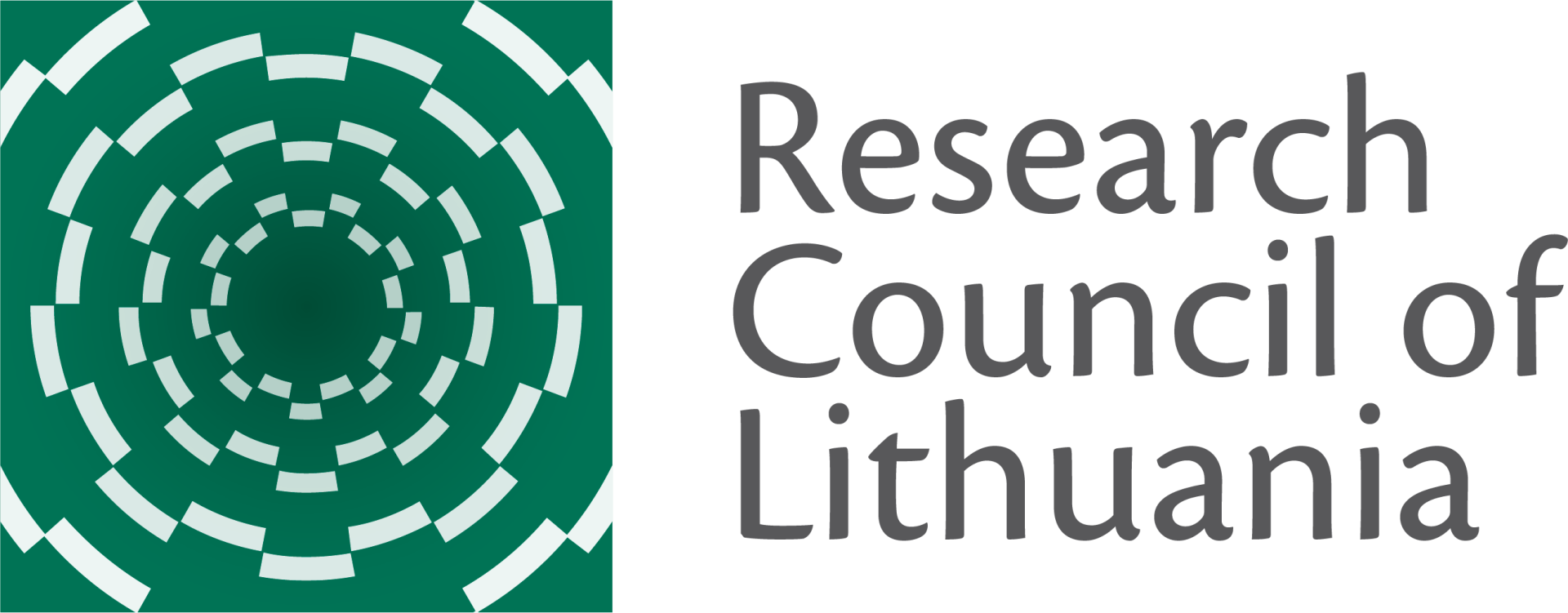Why does it matter?
A circular economy can be considered as a strategic practical approach to one of the grand challenges depicted in the UN’s Sustainable Development Goal (SDG) 12 of sustainable production and consumption and related overexploitation of shared natural resources. While transforming from linear to circular economy, organizations and value chains experience paradoxical tensions arising due to the difficulty of reconciling economic, social and environmental goals. These tensions arise in the long and short term, within the organization and along the value chain. Identification and management of paradoxical tensions can help organizations to implement circular transformation successfully, but it also requires dynamic organizational capabilities. The project idea originally links paradox management theory and dynamic organizational capabilities for circular transformation at micro (organizational) and mezo (value chain) levels.
The project aims to investigate organizational capabilities of Lithuanian companies, necessary to solve and manage the paradoxical tensions that arise when value chains and organizations are transforming into circular ones.
Period of project implementation: 2023-07-01 – 2026-03-31.





